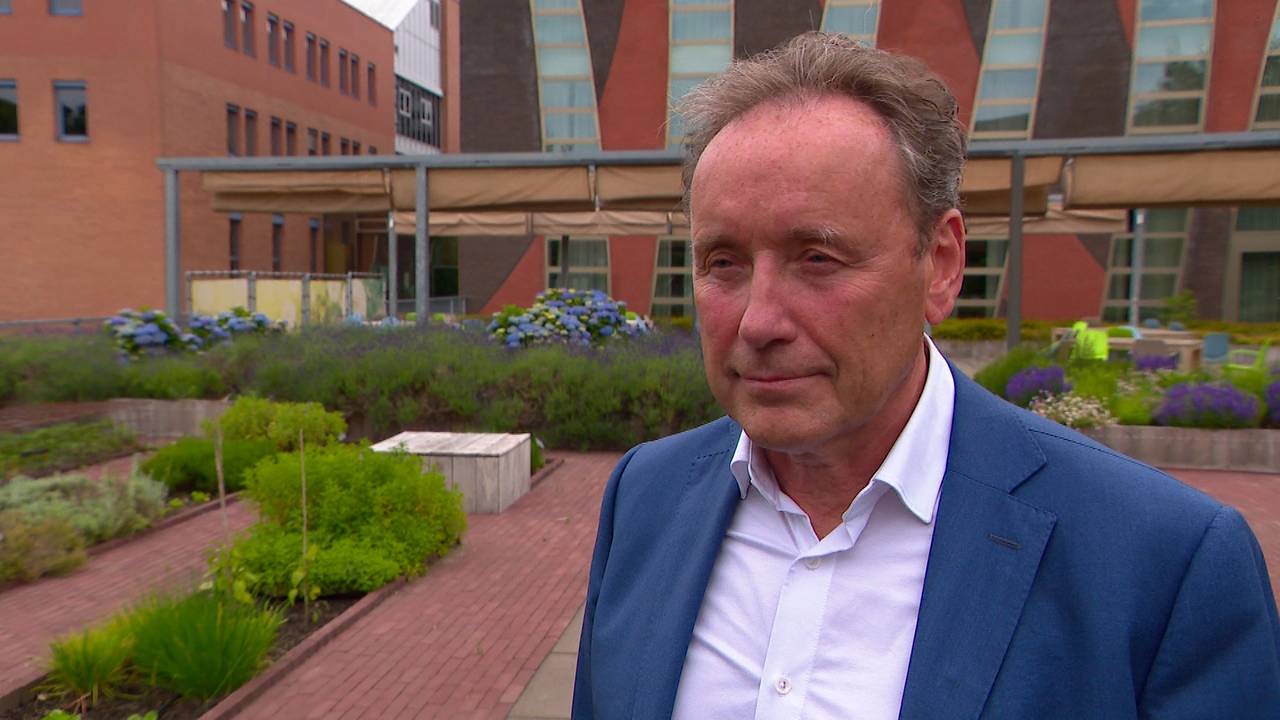The plans of Minister Femke Wiersma of Agriculture (LVVN) to tackle the manure crisis are not going down well with many farmers. Interest group ZLTO is also very concerned. “Painful measures are necessary, but they must be in conjunction with perspective,” says chairman Wim Bens.
According to Bens, the manure letter is a slap in the face for many livestock farmers. Not only because many of the BBB may have expected something different, but especially because all the measures that are being proposed do not solve the acute problem.
“It’s all in the long run.”
“The sweetness in the short term is missing. The minister is focusing on innovations such as RENURE (mineral concentrates) and we are of course very happy with that. In addition, she wants to focus on a new exception in Europe to be allowed to spread more manure as of 2026. But it is all in the long term.”
Short-term perspective is therefore lacking, and according to Bens that is disastrous for the support base. In addition, it is simply necessary to prevent hundreds of farmers from going bankrupt. In her plans, Wiersma also talks about exporting more manure, but that too is not easily arranged. “In the province, manure processing locations can be designated quickly to process, valorize and export manure. It is just not clear how the minister wants to realize those locations.”
“The number of animals in Brabant is decreasing.”
When asked whether fewer animals is not simply the best solution for a manure surplus, Bens says that this is already being worked on. “The number of animals in Brabant is decreasing, so manure production is automatically decreasing. The acute manure problem is because less manure is allowed to be spread on grassland due to new standards for water quality.”
The reduction of animal numbers by the minister has so far consisted of the animal rights being skimmed off when the company is sold. The new owner is then allowed to keep fewer animals. For cattle, this involves a skimming of 30 percent, for pigs 25 percent and for poultry 15 percent. Bens has major problems with this.
“This means that an innovative sector that is leading the way is still being punished.”
“The irony is that additional measures, for example for chickens, do not contribute to better water quality. Almost 100 percent of all poultry manure goes to a biomass plant. This does not end up on the soil or in the water at all. In this way, an innovative sector that is leading the way is still being punished.”
In addition, each animal category has its own manure ceiling. Pig farmers and chicken farmers have been below this for years. The fact that these farmers are now also being hit with such a measure does not feel fair to them. In addition, these farmers have already taken far-reaching measures in recent times and therefore made investments to reduce their emissions.
What Wiersma did not want to provide clarity about on Friday is the introduction of a grassland standard. It has been agreed with Brussels that dairy farming will be land-based in 2032. This means that a farmer must have sufficient (grass)land to be able to spread all the manure produced. A grassland standard, a maximum number of animals per hectare, can help with this.
Her predecessor Adema wanted to introduce such a standard. Farmers are strongly opposed to this, because land is not always available. And the alternative is that animals have to be disposed of. The hard-fought Agricultural Agreement failed on the grassland standard, among other things. Wiersma is therefore not yet sure whether she wants to go down this path and wants to first take a closer look at the economic and spatial effects.
“The competition in the land market is too great.”
Bens warns that a grassland standard will mean the death knell for many farmers in Brabant. “Certainly in Central and East Brabant, companies have less land under their business. (Young) farmers are not financially able to acquire a lot of land in the short term. The competition on the land market is too great for that.”
With these manure plans, the concerns have not yet been allayed. Because with the desire to have the Nitrate Directive adjusted in Brussels, and to reduce animal numbers through stopper regulations and skimming at sale, it is still questionable whether the Netherlands can remain below the established manure ceiling for 2025.
“Discussions can be held with the sector, including about painful measures.”
Because if that doesn’t work despite all the plans, there will only be a generic discount left. Then every company will have to get rid of animals. Something that livestock farmers don’t want to think about. Bens remains positive despite that dark cloud. “I see that this minister really wants to and is trying very hard. It is also possible to talk to the sector about a way out of the manure crisis, even if that requires painful measures. But then in conjunction with a new perspective.”
READ ALSO: BBB minister’s drastic fertilizer package will hit Brabant hard
